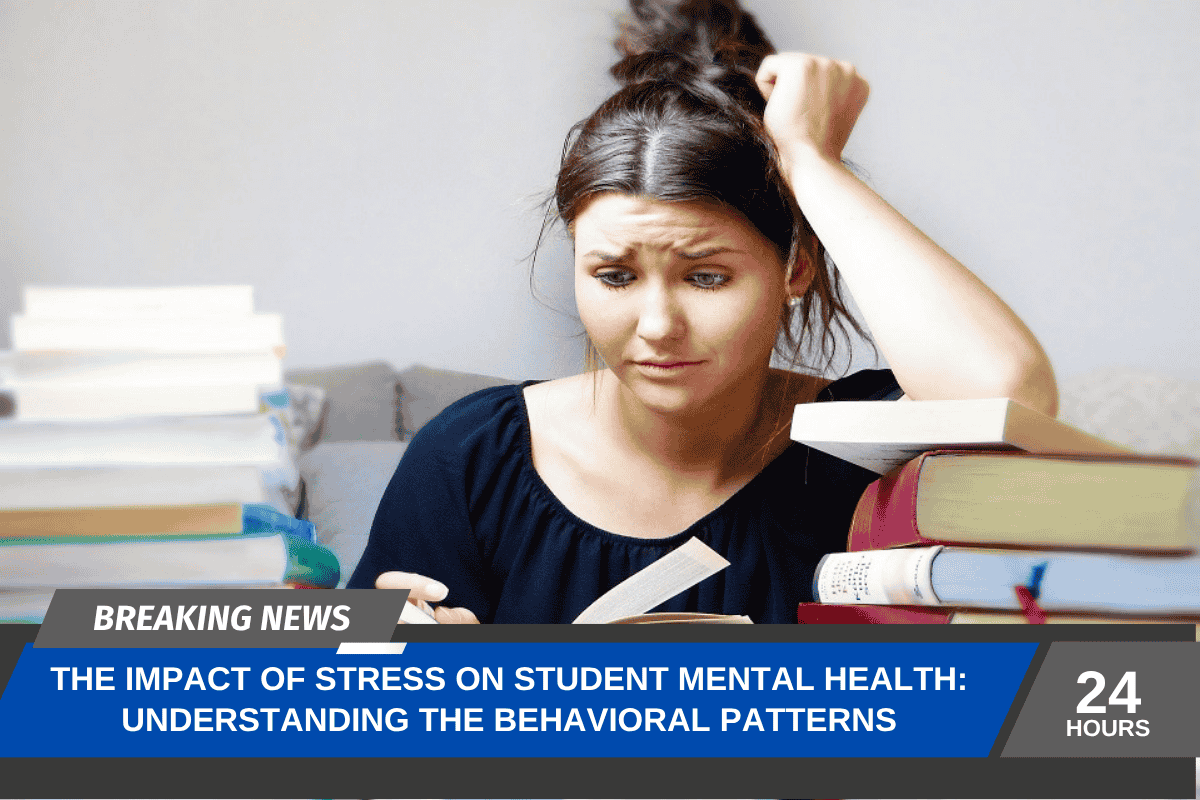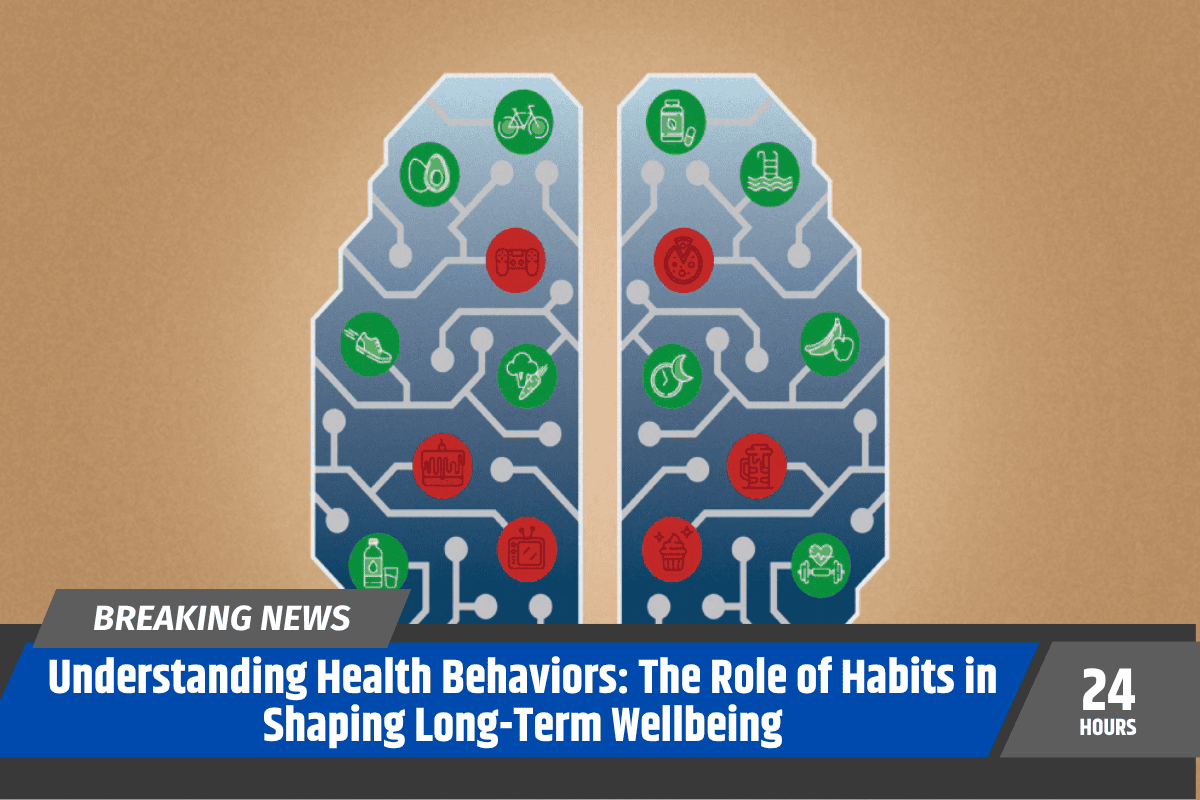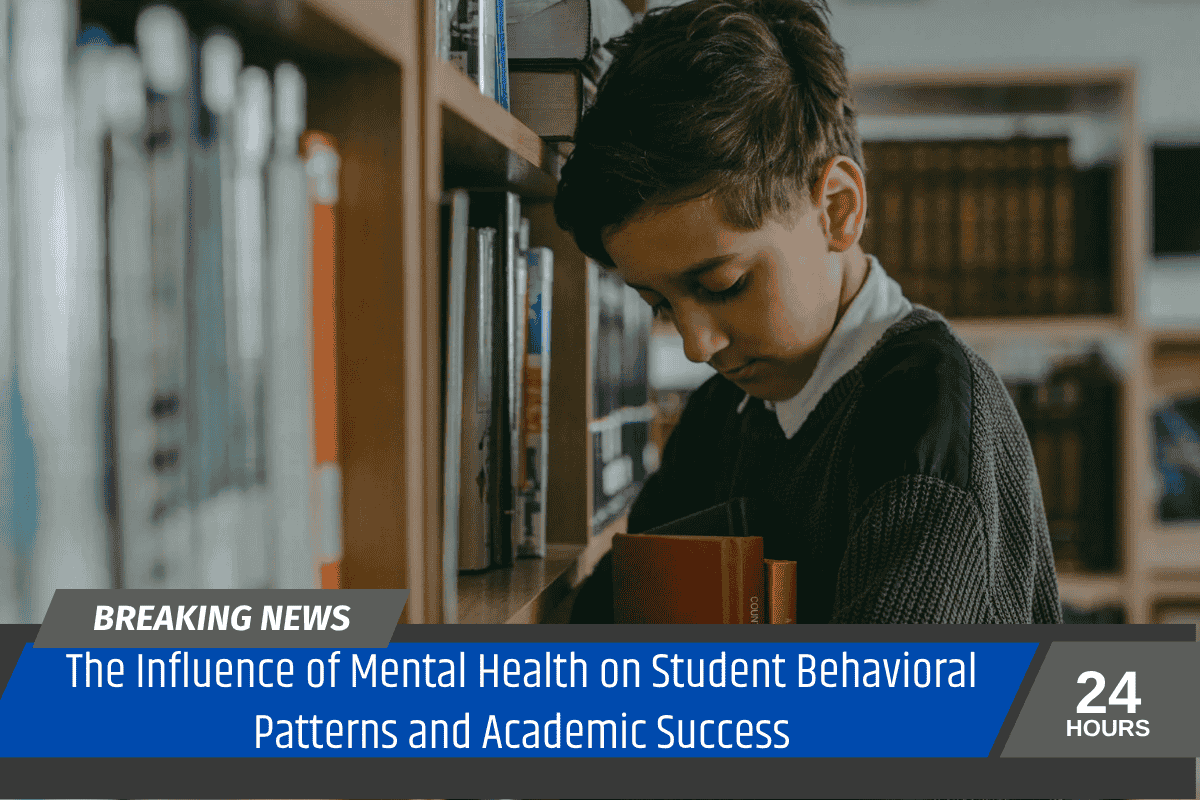Stress is something everyone faces in life, but for students, it can sometimes feel overwhelming. From academic pressures to social dynamics, there are multiple factors contributing to stress in students’ lives.
In this article, we’ll explore how stress affects student mental health and the behavioral patterns that come with it. By understanding these patterns, we can help students better cope with the challenges they face.
What Causes Stress in Students?
For students, stress often comes from several sources, such as the pressure to perform well in exams, tight deadlines for assignments, and the fear of disappointing parents or teachers. Additionally, students may face stress from social challenges like bullying or problems with friends.
The fear of failure and the pressure to always succeed can add to the emotional burden. Sometimes, stress comes from a lack of balance between academic responsibilities and personal life. When students don’t have enough time to relax, it leads to exhaustion and emotional burnout.
Behavioral Patterns Linked to Stress
When students experience stress, it often affects their behavior in different ways. Some of these behavioral patterns are more noticeable than others, but all of them can indicate how a student is coping with the pressure. Understanding these patterns can help both students and their support systems take action.
- Changes in Academic Performance
A student under stress might see a drop in their academic performance. They may find it difficult to focus during class or while studying. This is often a result of anxiety, which can make it hard to concentrate or remember important information. Stress can also lead to procrastination, where students delay starting assignments, leading to last-minute cramming and poor-quality work.
- Increased Irritability and Mood Swings
Stress affects the emotional state of students. When under stress, students may become easily irritated or upset. They might snap at friends or family for no apparent reason, which could indicate that they are struggling to manage their emotions. Stress-related mood swings are common as students face a mix of frustration, anxiety, and worry.
- Changes in Eating and Sleeping Habits
Stress often leads to changes in eating and sleeping patterns. Some students may lose their appetite due to anxiety, while others may eat excessively as a form of comfort. Similarly, students might have trouble falling asleep at night because their minds are preoccupied with worries about assignments or exams. Poor sleep can worsen stress and lead to fatigue during the day, making it even harder to cope.
- Social Withdrawal
Another common behavioral change in stressed students is social withdrawal. When students feel overwhelmed, they may distance themselves from friends and family. They might cancel social plans, stop participating in group activities, or isolate themselves in their room. This withdrawal can lead to feelings of loneliness and further increase stress.
- Physical Symptoms
Stress can manifest in physical ways, such as headaches, stomachaches, and frequent colds. Students may also experience muscle tension or become more susceptible to illnesses. These physical symptoms are often a sign that stress is taking a toll on the body and mind, indicating that the student needs support.
How Stress Affects Long-Term Mental Health
When stress becomes chronic, it can have a lasting impact on a student’s mental health. Persistent anxiety can lead to more severe conditions like depression or burnout. Over time, stress can create a cycle of negative thinking, where students feel trapped in their struggles and unable to find a way out.
This can also reduce their ability to enjoy things they once found fun, like hobbies or spending time with friends. In extreme cases, constant stress can even affect a student’s self-esteem and confidence.
What Can Be Done to Manage Stress?
It’s important for students to learn how to manage stress before it becomes overwhelming. One effective way is through relaxation techniques such as deep breathing, meditation, or yoga. Students should also aim to maintain a balanced schedule, allowing time for both work and relaxation.
Having open discussions about stress with friends, family, or counselors can help students feel supported and less isolated. Furthermore, getting enough sleep, eating healthy meals, and staying physically active can help reduce the negative effects of stress.
Stress is a common experience for students, but understanding how it impacts mental health and behavior can help reduce its effects. By recognizing the signs of stress and taking steps to manage it, students can build resilience and improve their overall well-being.
Creating a supportive environment where students feel comfortable discussing their challenges can go a long way in helping them navigate their academic and personal lives. By addressing stress early, we can ensure that students are healthier, happier, and better equipped to handle life’s pressures.






